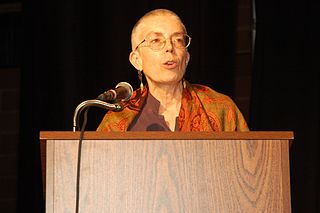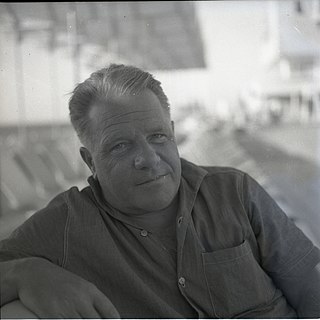A Quote by Percy Bysshe Shelley
I consider poetry very subordinate to moral and political science.
Quote Topics
Related Quotes
Political realism is aware of the moral significance of political action. It is also aware of the ineluctable tension between the moral command and the requirements of successful political action. And it is unwilling to gloss over and obliterate that tension and thus to obfuscate both the moral and the political issue by making it appear as though the stark facts of politics were morally more satisfying than they actually are, and the moral law less exacting than it actually is.
My views on charity are very simple. I do not consider it a major virtue and, above all, I do not consider it a moral duty. There is nothing wrong in helping other people, if and when they are worthy of the help and you can afford to help them. I regard charity as a marginal issue. What I am fighting is the idea that charity is a moral duty and a primary virtue.
My feeling is that most political poetry is preaching to the choir, and that the people who are going to make the political changes in our lives are not the people who read poetry, unfortunately. Poetry not specifically aimed at political revolution, though, is beneficial in moving people toward that kind of action, as well as other kinds of action. A good poem makes me want to be active on as many fronts as possible.
I didn't ever consider poetry the province exclusively of English and American literature and I discovered a great amount in reading Polish poetry and other Eastern European poetry and reading Russian poetry and reading Latin American and Spanish poetry and I've always found models in those other poetries of poets who could help me on my path.







































